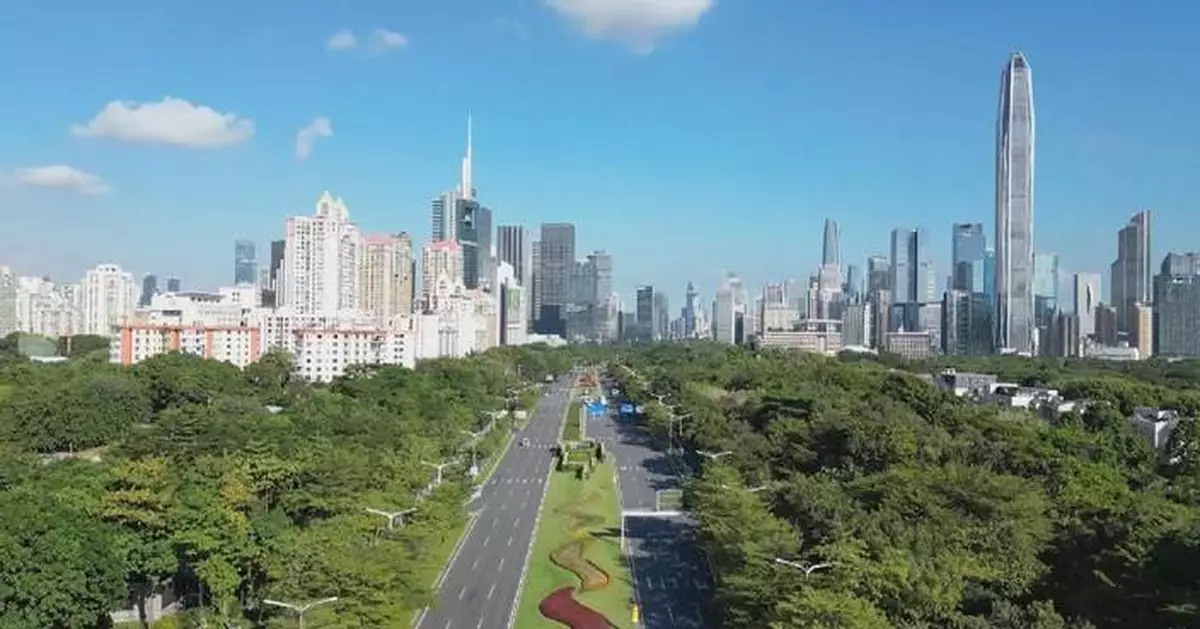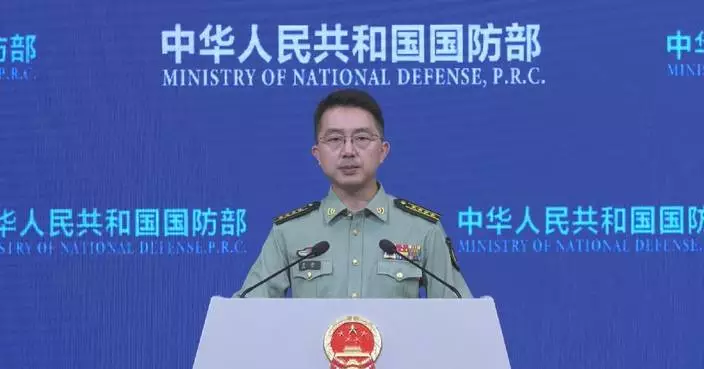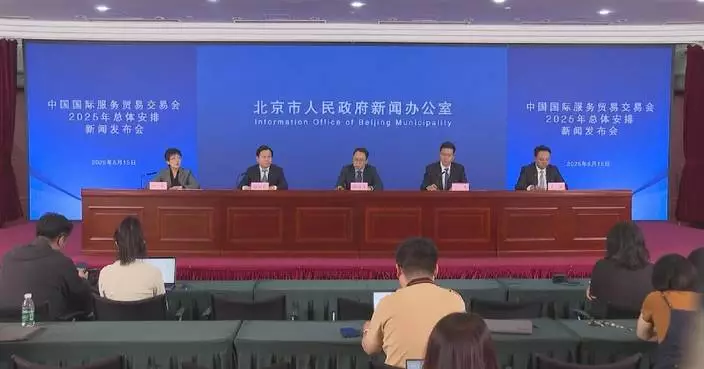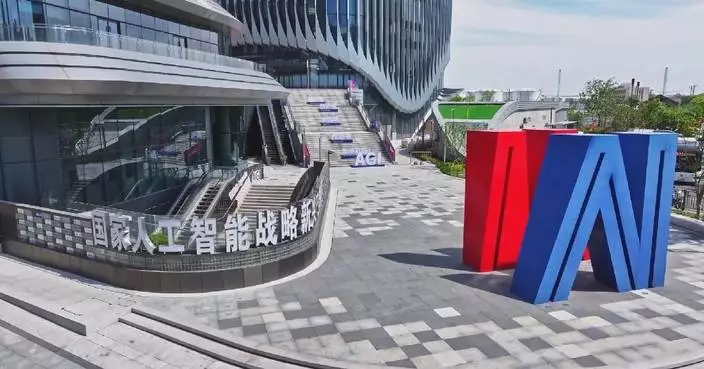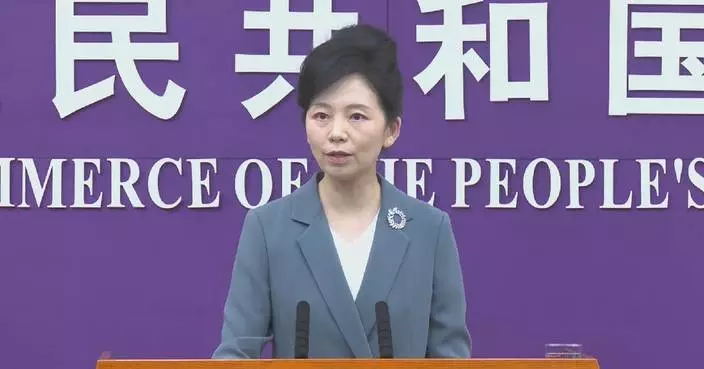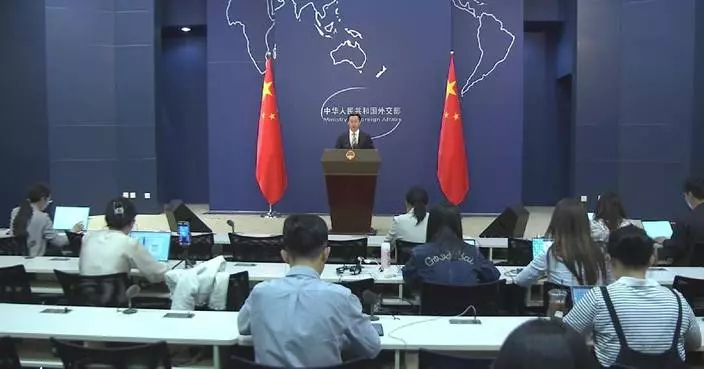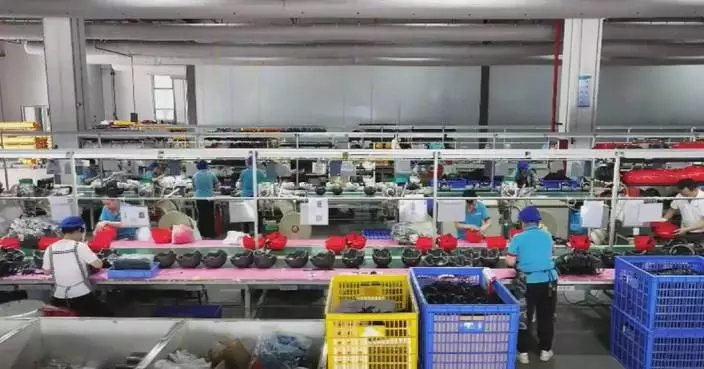China is ramping up efforts to accelerate financial reform in accordance with a landmark resolution adopted by the country's leadership, a Central Finance Commission official said in a recent interview with China Central Television (CCTV) in Beijing.
At its third plenary session held in Beijing in mid-July, the 20th Communist Party of China Central Committee adopted a resolution on further deepening reform comprehensively to advance China's ongoing modernization drive, which makes comprehensive arrangements for the deepening of the financial system reform.
Wang Jiang, executive deputy director of the Office of Central Financial Commission, said for the various tasks outlined in the financial system reform, they will first understand the reform requirements, the positioning, direction, and content of each measure, and grasp the logical connections between the different reform tasks. Authorities will then formulate a detailed implementation plan and strengthen supervision to ensure the delivery of the necessary reform measures.
"We will specify the tasks, roadmap, time schedule, priorities and persons in charge, and strive hard to transform the resolution from 'freehand brushwork into claborate-style painting'. With a sense of urgency and responsibility, we must advance various reforms in a solid and orderly manner, implement all must-do reforms as soon as possible, and ensure the timely promotion of all reform tasks," said Wang
The official also stressed the importance of establishing a sound follow-up supervision mechanism to advance the reform, and continuously and dynamically assess the implementation of the reform tasks.

China ramps up efforts to accelerate financial reform
The U.S. Department of Commerce has issued new guidance declaring that the use of Huawei's Ascend AI chips "anywhere in the world" may violate U.S. export control regulations.
The statement, released by the department's Bureau of Industry and Security on Tuesday, explicitly warns of the potential consequences of enabling U.S.-origin "AI chips to be used in training or inference for Chinese AI models."
In response to the statement, the Chinese Ministry of Commerce vowed on Thursday to take resolute measures to safeguard the legitimate rights and interests of Chinese enterprises.
While the move aligns with Washington's broader strategy to curb China's access to advanced semiconductor technologies, it also underscores a deeper anxiety: the fear of losing its global leadership in artificial intelligence.
NVIDIA CEO Jensen Huang said that China is "not behind" the U.S. in artificial intelligence and called the race in AI development a "long-term, infinite race," as he spoke to reporters at a tech conference in Washington, D.C., last month.
During a recent congressional hearing, U.S. tech leaders, including OpenAI CEO Sam Altman and executives from Microsoft and chipmaker Advanced Micro Devices, testified on Capitol Hill to urge lawmakers to streamline policy for AI-related projects and fundraising in order to race against China in AI development.
The latest guideline follows a period of regulatory volatility. After walking back the previously announced "AI Diffusion Rule" from the Biden administration, the U.S. has now pivoted toward this more aggressive interpretation – a shift that highlights the inherent difficulties in enforcing such extraterritorial bans.
Convincing sovereign nations to follow U.S. law, particularly when it limits their own tech development, poses significant diplomatic and operational challenges.
"The Trump administration will pursue a bold, inclusive strategy to American AI technology with trusted foreign countries around the world," Tuesday's statement says.
Implementing a global enforcement regime would likely require bilateral negotiations with dozens of countries – a time-consuming and politically fraught process that risks diminishing returns.
In practice, these efforts may only reinforce China's determination to achieve technological self-sufficiency. Huawei's trajectory stands as a case in point.
Since coming under U.S. sanctions in 2019, the company has made notable advances in AI and chip development. Most recently, the company invited select Chinese tech companies to test its most powerful processor yet, the Ascend 910D, the Wall Street Journal reported, citing sources familiar with the matter. The chip is expected to rival – or even surpass – Nvidia's H100 in performance.
If such innovation continues to emerge under pressure, Washington may need to ask itself: Is the goal to contain China or to compel it to innovate faster?
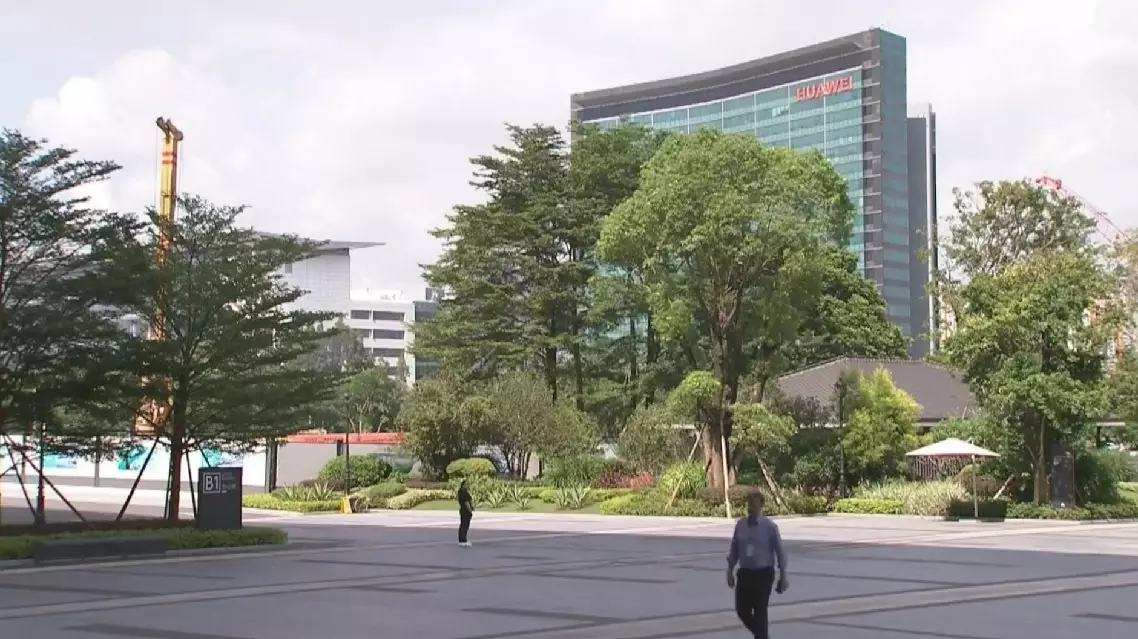
New US guidance on Huawei chip usage reveals deeper fears, tougher realities



